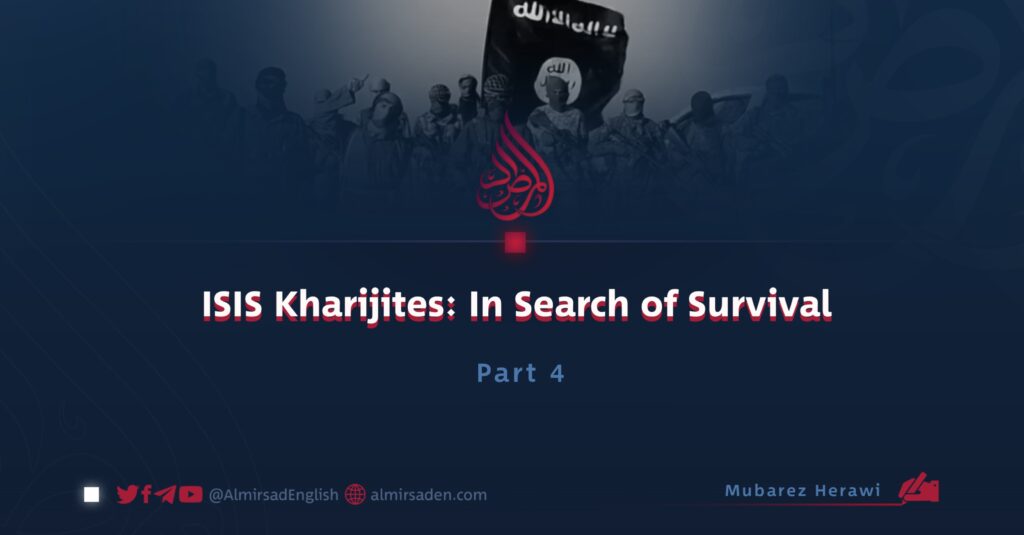Part 4
Author: Mubarez Herawi
ISIS, due to being rejected by true Muslims and lacking financial and economic support from Muslim merchants and investors, sought alternative sources of revenue. One of the most significant sources was the sale of oil extracted from Iraq and Syria.
Upon gaining control of Sunni-majority cities, ISIS, an illegitimate entity, declared itself as the rightful ruler of these regions. It exploited all financial resources, which rightfully belonged to the Muslim public treasury, for its deceitful and unlawful purposes.
In this memorandum, we will address the following points:
1. Oil extraction sites
2. ISIS’s income derived from these sites
3. Purchasers of ISIS oil
Most notable oil fields under ISIS control:
In Syria, ISIS held dominion over crucial oil fields such as “Conoco” and “Al-Taim,” situated in the eastern part of the country near Deir ez-Zor city. In Iraq, the primary oil fields under ISIS’s control were “Al-Najma” and “Al-Qayyara,” along with smaller fields like the “Al-Ward” field in Al-Bukamal city in Syria, and minor oil fields close to Mosul and Tal al-Rumman.
Revenue generated from ISIS oil:
As per statements from the U.S. Treasury Department, in 2014 alone, ISIS garnered an estimated $100 million from the sale of crude oil and petrochemical products through intermediaries. Adam Szubin, a U.S. Treasury official, also disclosed that the group made over $500 million from crude oil trading.
In 2015, the “Financial Times” referenced estimates from local intermediaries and engineers to report that ISIS was producing approximately 34,000 to 40,000 barrels of crude oil per day in the regions within its control in Syria and Iraq.
It was further mentioned that each barrel was sold for a price ranging from $20 to $45, resulting in ISIS’s daily revenue from oil being around $1.5 million.
Prominent purchasers of ISIS oil:
The primary buyers of ISIS oil were Syria and Turkey. Despite ISIS’s ostensible animosity towards Bashar al-Assad’s regime and its violent clashes with the Mujahideen, it continued to maintain substantial trade relations with Assad’s regime secretly.
The despotic regime, which had shed the blood of numerous innocent Syrian Sunnis, was now further fortified thanks to ISIS’s oil.
In 2015, international sanctions heightened against the collaboration between Assad’s government and ISIS. During that period, the U.S. Treasury imposed sanctions on ten intermediaries, comprising of four traders and six companies, for facilitating oil transactions between ISIS and Assad’s regime.
Turkey also emerged as a significant consumer of ISIS oil. In 2015, Russian Deputy Defense Minister Anatoly Antonov affirmed in Moscow, “Turkey is the foremost purchaser of illicitly obtained oil from Syria and Iraq.”
Former Iraqi Prime Minister Haider al-Abadi also labeled Turkey as the primary buyer of oil smuggled by ISIS from Iraq and Syria, during discussions with German Foreign Minister Frank-Walter Steinmeier.
This illustration sheds light on how ISIS was plundering the communal wealth of Muslims, utilizing it to sustain their military apparatus and inflict harm upon Islam.
